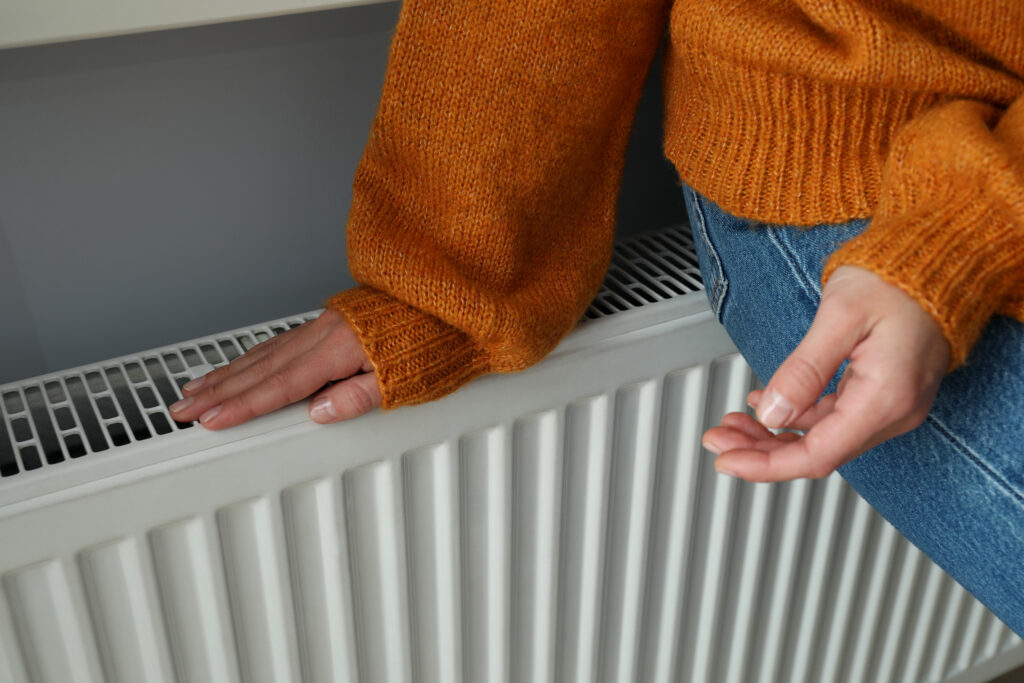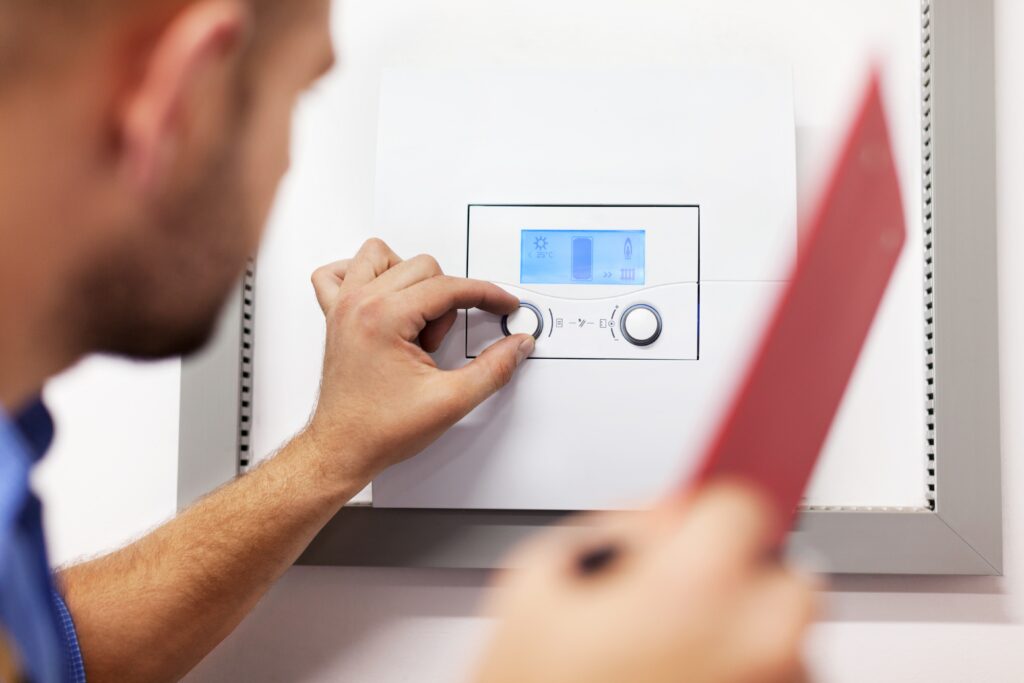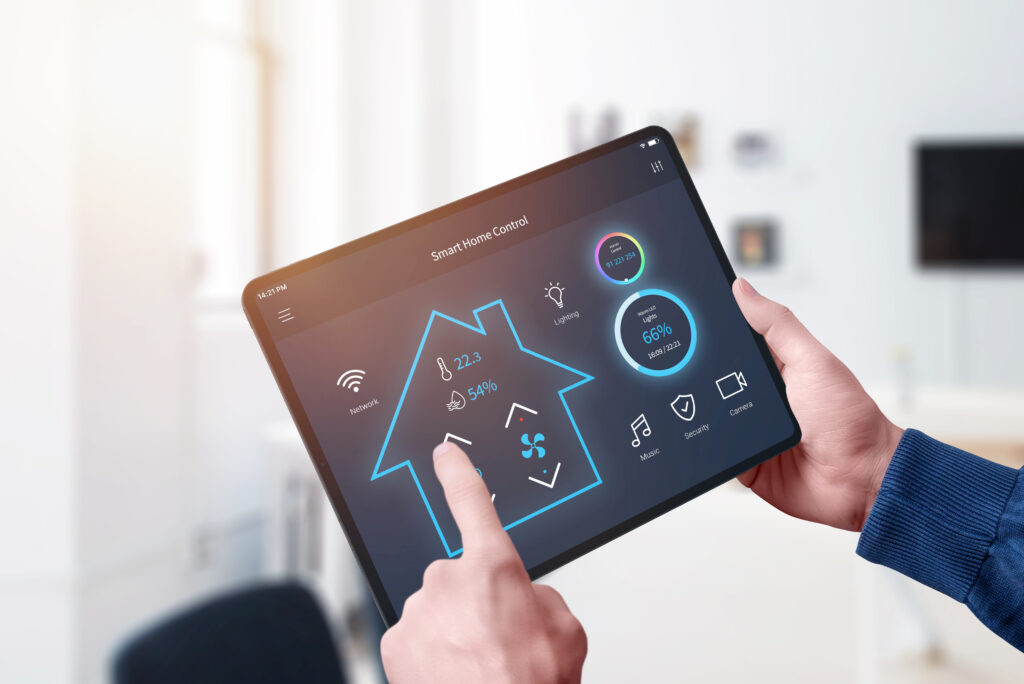Why you should always call on a plumbing expert!
Plumbing issues can be a major headache for homeowners. From a leaking tap to a clogged drain, it’s tempting to roll up your sleeves and tackle the problem yourself. However, attempting a DIY plumbing fix often leads to more harm than good, potentially causing extensive damage and higher costs in the long run. In this blog, we’ll explore why you should never try to fix a plumbing problem yourself, the risks involved, and when to call a professional plumber instead.
The Complexity of Modern Plumbing Systems
Understanding the Intricacy of Plumbing Systems
Today’s plumbing systems are far more complex than they appear. Behind the walls and under the floors lie intricate networks of pipes, fittings, and connections that work together to ensure a seamless supply of water and efficient drainage. A simple mistake in handling these systems can lead to severe complications, from burst pipes to sewage backups. Professional plumbers undergo years of training to understand these complexities, making them the right choice for any plumbing repair.
Misidentifying the Problem
One of the biggest challenges with DIY plumbing is accurately diagnosing the issue. What may seem like a simple leak could be a sign of a much larger problem, such as a broken pipe or a damaged sewer line. Misidentification can lead to ineffective repairs and worsen the problem over time, increasing repair costs.
Lack of Proper Tools and Equipment
Specialised Tools Required
Plumbing repairs often require specialised tools that the average homeowner does not have. Tools like pipe wrenches, basin wrenches, drain augers, and pipe cutters are designed for specific types of plumbing work. Using the wrong tools, or even standard household tools, can damage pipes and fixtures, turning a minor issue into a costly disaster.
Costly Investment for Occasional Use
Even if you decide to purchase the necessary tools, they can be a significant investment, especially considering that you might only use them once or twice. Professional plumbers, including commercial plumbers, already have the right equipment and know how to use it properly, saving you both money and hassle in the long run.
Risk of Property Damage
Water Damage is Expensive
Water can cause significant damage to floors, walls, and ceilings. A small leak can quickly escalate into a flood if not properly managed. For instance, attempting to repair a leaky pipe without turning off the water supply can result in gallons of water flooding your home in seconds. The cost of repairing water damage, including drying, mold removal, and structural repairs, can run into thousands of pounds.
Potential for Structural Issues
In some cases, DIY plumbing repairs can lead to structural damage. For example, improperly fitted pipes can create water pressure imbalances that may cause pipes to burst. Additionally, drilling into walls or floors to access pipes can weaken the structure of your home if not done correctly. A licensed plumber knows how to access plumbing lines safely without risking structural integrity.
Health and Safety Risks
Exposure to Hazardous Materials
Plumbing problems often involve hazardous materials like sewage, mold, or even asbestos in older homes. Exposure to these materials can pose serious health risks, including respiratory problems, skin irritation, and more. Professional plumbers have the necessary protective gear and training to handle such hazards safely.
Risk of Electric Shock
Water and electricity don’t mix. Many plumbing repairs take place near electrical systems, and the risk of electric shock is high if you don’t know what you’re doing. A professional plumber is trained to work safely around electrical components, minimising the risk of injury.
Code Violations and Insurance Issues
Compliance with Building Codes
Most plumbing work, especially in kitchens and bathrooms, needs to comply with local building codes. If you attempt a DIY repair and it doesn’t meet the necessary regulations, you could face fines or be required to redo the work. In some cases, it might even affect your home’s resale value if the plumbing system isn’t up to code.
Impact on Home Insurance
DIY plumbing repairs can also impact your home insurance policy. If your attempt at fixing a plumbing problem leads to damage, your insurance company may refuse to cover the costs because the repairs weren’t done by a licensed professional. This means you’ll be stuck with paying for the damage out of pocket, which can be far more expensive than hiring a plumber in the first place.
Higher Long-Term Costs
The Cost of Ineffective Repairs
While DIY repairs might seem like a cost-saving solution, they often end up costing more in the long run. Ineffective repairs can temporarily mask a problem without fully resolving it, leading to further damage down the line. For example, using chemical drain cleaners may temporarily clear a blockage, but they can corrode pipes and lead to more severe clogs and leaks.
Warranty and Service Guarantees
Professional plumbers often provide warranties or service guarantees for their work, giving you peace of mind that the job will be done correctly. If something goes wrong after a professional repair, they’ll usually come back and fix it at no extra cost. With DIY repairs, you’re on your own if something goes wrong, which means more time, effort, and money spent on additional repairs.
Saving Time and Effort
Focus on What You Do Best
Plumbing repairs can be time-consuming, especially if you’re unfamiliar with the process. From researching solutions online to purchasing tools and attempting the repair, you may find yourself spending an entire weekend on a problem that a professional could fix in a few hours. By hiring a plumber, you save valuable time and avoid the frustration of trying to solve a complex issue yourself.
Avoid Stressful Situations
Plumbing issues are inherently stressful, particularly when water damage is involved. The anxiety of making a mistake or causing further damage can add to your stress levels. A professional plumber’s expertise means you can rest easy, knowing that the problem is being handled correctly the first time around.
Knowing When to Call a Professional
Simple Maintenance vs. Complex Repairs
While some basic plumbing tasks like replacing a faucet washer or plunging a minor clog are within the reach of many homeowners, more complex jobs should be left to professionals. These include:
- Fixing leaks in hard-to-reach areas.
- Repairing or replacing water heaters.
- Installing new plumbing fixtures.
- Addressing sewer line issues.
- Handling major clogs or pipe replacements.
Getting a Professional Opinion
If you’re ever unsure about the severity of a plumbing issue, it’s best to consult with a professional plumber. Heat-Tec offers a range of plumbing services, from minor repairs to comprehensive installations. Our experienced team can quickly diagnose the issue and provide effective, long-lasting solutions, saving you time, money, and stress.
The Value of Hiring a Professional Plumber
While it might be tempting to try and fix plumbing problems yourself, the risks often outweigh the rewards. From the potential for significant property damage to safety risks and higher long-term costs, there are many reasons why calling a professional plumber is the better choice. By working with experienced plumbers like those at Heat-Tec, you can ensure that any plumbing issue is resolved quickly, safely, and correctly.
Contact Heat-Tec Today
For all your plumbing needs, contact Heat-Tec. Our skilled professionals are ready to help with any plumbing repair or installation, ensuring that your home stays safe and comfortable. Get in touch with us today for expert advice and a free quote.




